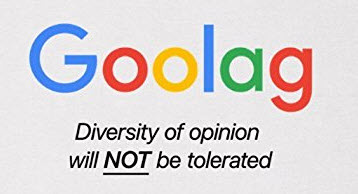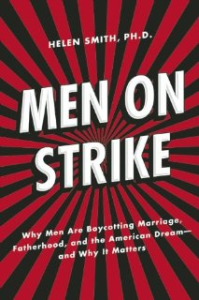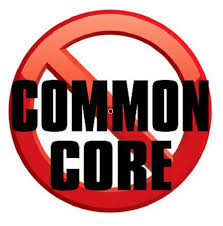The DiploMad 2.0: Things that Make You Laugh: Off to Antarctica to Freeze in the Warmth.
I have written so much about this hoax, both on this blog and on an earlier one of some years ago, that I bore myself writing about it. Suffice it to say that a real scientific theory summarizes a hypothesis or group of hypotheses that have been supported with repeated testing. In other words, different experimenters can do the same test, and get the same results. If I remember my two years of chemistry, biology and physics at UCLA, a theory remains valid only as long as there is no evidence to dispute it, or better said, disprove it. A scientific theory must be falsifiable. The various models of climate change have paraded around for years as theory; the popular press, and the politicians have accepted the “theory” and begun to pump money into the “study” of climate change or global warming or whatever it is called at any particular time. Some scientists, not being fools, have seen there is money in “studying” alleged climate change. Well, not really in studying it but in rigging data to conform with the politically convenient and expected results, to wit, that the earth is warming, that it is doing so because of human activity, and “something” must be done–e.g., taxation, regulation–to “combat” it.
The fact that the “theory” has failed to predict anything or to explain past climate events is irrelevant to its promoters. The failure, however, has become so blatant, leading to growing public skepticism, that the “theory” has been gradually modified from “predicting” warming, to just predicting “change.” Any change, therefore, which takes place in the weather or the climate–and the proponents use those words interchangeably when convenient–has been “predicted!” Wow! These “accurate predictions” invariably are ex post facto. The “theory,” for example, predicted more and stronger hurricanes these past few years because of warming; it turns out, of course, that we have had fewer and weaker ones. The “theorists” reply, “See, that’s change! We predicted it!” And on and on. They, of course, cannot tell us what the temperature of the earth should be, or why the earth has been both warmer and colder than now, or why there “has been a seventeen year pause” in warming despite the increase in CO2. In other words, not only can it not predict, it cannot explain. You can think of dozens more holes in the thing, I won’t bore you (or me) with it all, again.
Sorry for the tangent. Where was I? Oh, yes, in Antarctica…. (red text is the Editor’s doing)
Climate change, is there anything it can’t predict?
The Diplomad’s conclusion is priceless…
Now, the warmists are busy trying to explain it all away, and you can read in the Post various convoluted explanations of why warming means more ice because there is less ice and the winds are doing things they should not be doing and, and, and . . . Give it up guys, and realize that we “deniers” are right and that we are going to gloat over Turney’s predicament.
Ah, progressives, if they weren’t so destructive they’d be funny . . . (all bold in this selection if courtesy of the “blogmaster”)
So Boulder.










What I notice with warmists is that they consider an assumption superior to the agnostic stance. They assume that since they think they can knock down all contrary evidentiary findings for one reason or another (using whatever criteria fits their whims), that this validates their theory. “Since you cannot disprove the assumption, it is validated,” using deductive logic to make their point: If you eliminate all other possibilities, the one remaining, no matter how improbable, must be true. Why do I get the feeling these people have watched too much Star Trek? Such a stand assumes that one has full knowledge of the domain one is reasoning about, and can account for all of the practical possibilities. Science presumes ignorance until a theory withstands repeated observations and critical inquiry that affirms its statements of fact. Without that, you don’t have science. You have science fiction.